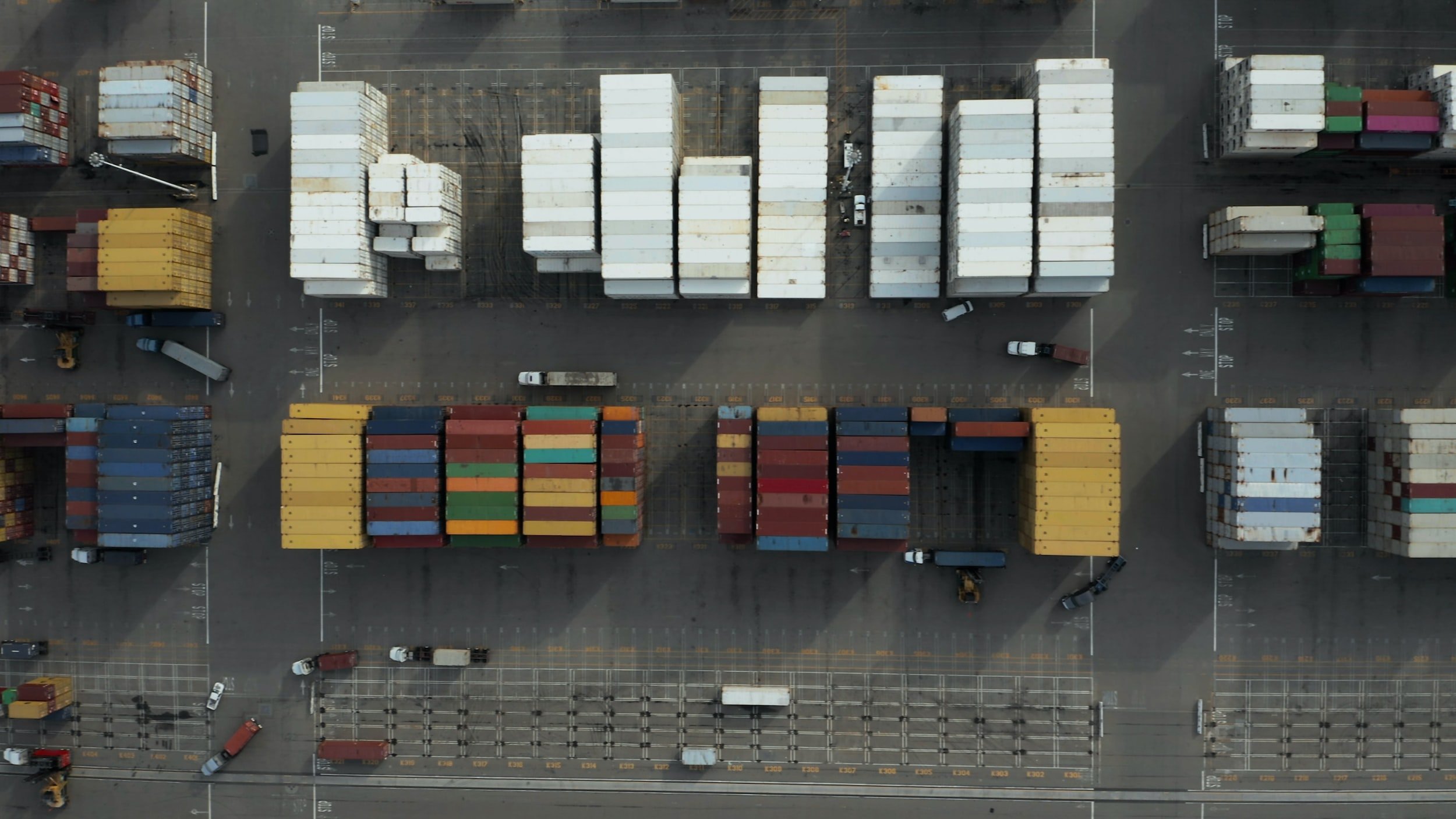Look beyond the hype: The UK’s new trade deal contains risks for the climate and smallholder farmers
At the end of last week, the UK’s biggest trade deal since Brexit was announced. The UK’s agreement with the Comprehensive and Progressive Agreement for Trans-Pacific Partnership (more usually referred to with the tongue-twisting acronym CPTPP) follows almost two years of negotiations and will lead to trade on preferential terms with 11 other countries including Australia, Canada, Peru and Vietnam.
The announcement was made with some fanfare and was quickly followed by a flurry of triumphant soundbytes. There were positive words from Rishi Sunak, and Business and Trade Secretary Kemi Badenoch described it as a ‘ powerful signal that the UK is open for business.’ But you only need to delve a little deeper into what the CPTPP deal means for the UK and other countries, and all the excitement starts to feel misplaced.
Yes, it’s a trade deal and a big one. So for those who judge progress solely on the number and volume of trade agreements the UK has managed to negotiate post Brexit – the quantity rather than quality approach - it can be presented as a coup. But there’s plenty within it, particularly relating to the environment and the needs of people in many developing countries, which give real cause for concern.
On climate, the agreement once again reveals an alarming tension between the UK Government’s green rhetoric and its approach to international trade. The UK’s own assessment predicts that the deal will lead to an increase in greenhouse gas emissions. The predicted increase may be small but it comes at a time when government policy needs to push hard in the opposite direction, driving the significant carbon reductions that are required for the UK to meet our climate commitments.
The agreement also has worrying implications for climate action if the government signs up to existing ISDS provisions in the agreement. In the name of protecting profits, international companies have become increasingly willing to challenge policies – including urgently needed climate policies – in corporate courts.
This could lead to the UK Government having to spend millions of pounds to defend its decisions, and stall domestic climate action at a time when it is so urgently needed. If the UK is to avoid this, it must negotiate specific agreements with all CPTPP member states exempting it from these provisions.
And on development, the UK’s accession to CPTPP also presents signs of a disconnect between the UK’s governments commitment to tackle global poverty and its international trading aspirations. Included among the CPTPP provisions is a requirement to sign up to extensive seed patenting rules under UPOV, rules which have been criticized by southern groups as effectively privatizing the system of access to and exchange of seeds that has sustained farming communities for thousands of years.
The impacts of these measures will weigh most heavily on the billions of small-holder farmers across the world.
At Transform Trade, we have argued for some time that the Government’s focus on signing a series of headline-grabbing trade deals is short-sighted. What the UK needs to prioritise is the development of a comprehensive strategy that presents a coherent vision for the UK’s approach to international trade.
This would include detailed thinking into how trade connects to other UK government commitments on climate and the environment. Ultimately, it is only through a fully joined-up approach to trade, climate and development - that enlists the positive potential of trade to help people move out of poverty while mitigating climate impacts - that the UK will demonstrate not only that it is open for business, but that it intends to make business work for the benefit of all.

